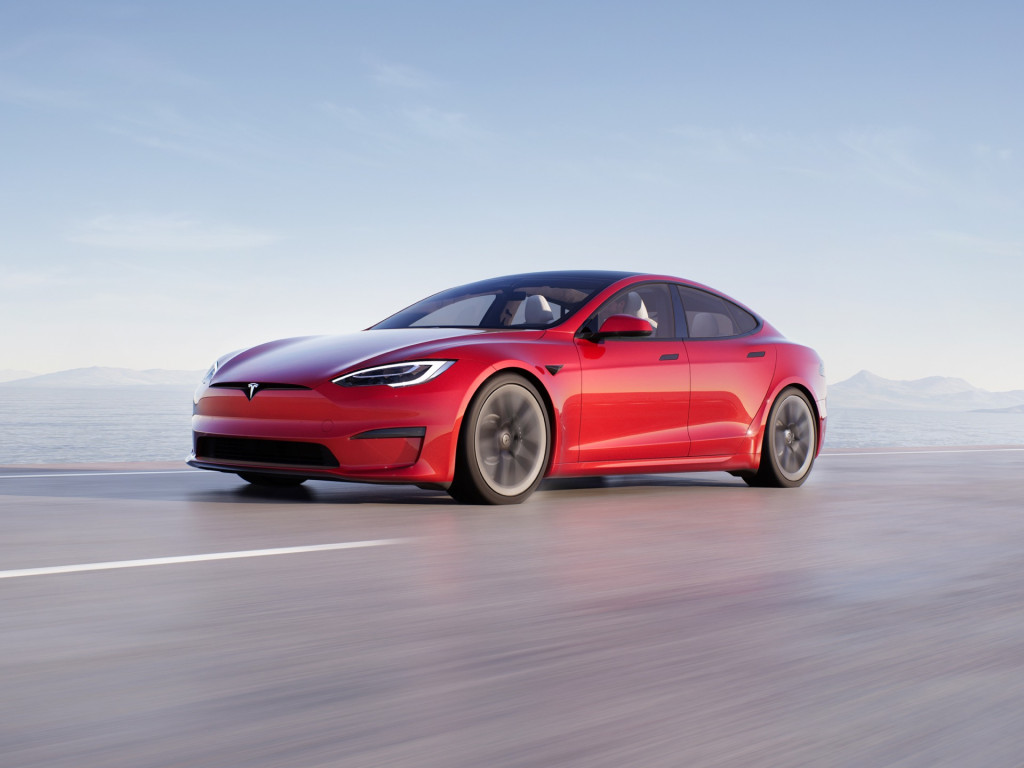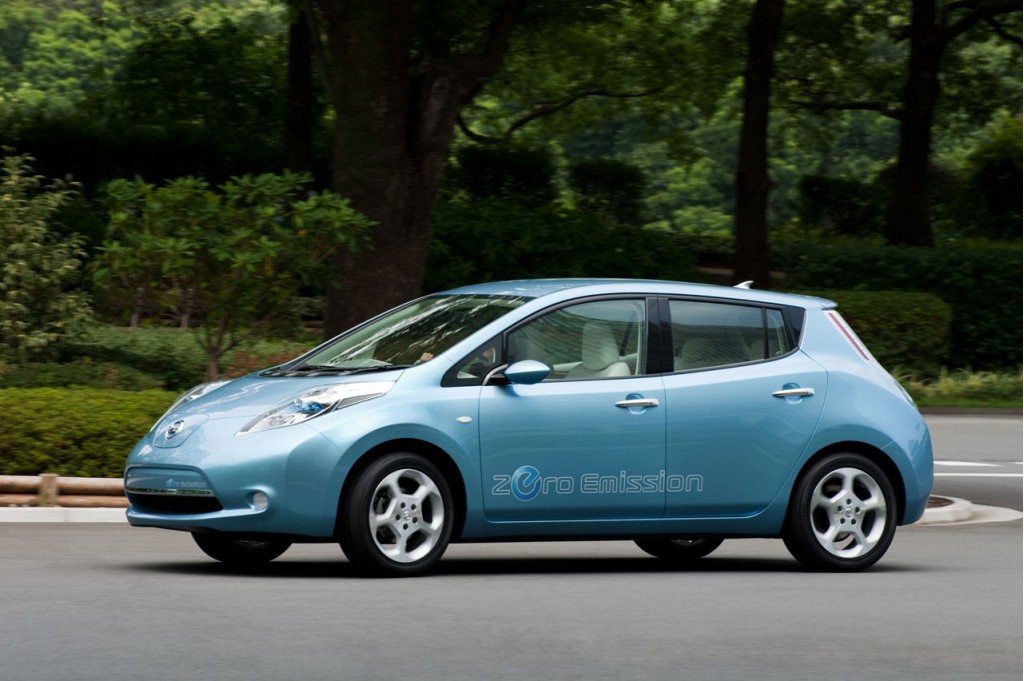EV batteries degrade faster in hot weather: What owners can do

Hot weather can cause EV batteries to degrade faster, but there are some simple things owners can do to help protect their cars, according battery-health analysis firm Recurrent.
Recurrent publishes battery health reports for used EVs, but also uses the data pulled from vehicles to study the impact of hot and cold weather on range and battery health. In a recent study of Teslas, Recurrent found that cars based in hot climate zones generally lose more range as they age than cars in cold climate zones.
That’s because higher levels of environmental heat contributes extra energy to the electrochemical reactions that make a battery work. This “can accelerate unwanted chemical reactions that age the battery prematurely,” according to Recurrent. The company has found that cold weather causes range loss, but notes that cold temperatures are unlikely to cause permanent damage. The “generally accepted” threshold for accelerated battery degradation is around 86 degrees Fahrenheit, according to Recurrent.

2023 Tesla Model S – Courtesy of Tesla, Inc.
With temperatures in many parts of the U.S. easily reaching that mark during the summer months, that seems bad. Just like cold weather affects EV range and batteries differently, extremely hot weather won’t always have the same negative effects on range or battery life.
That said, there are steps owners can take to make that more likely.
As City Dwellers has emphasized, parking a car in a garage or in the shade when it’s hot out can make a difference. Nissan even moved to update its battery chemistry early on in the Leaf, after earlier versions of the car proved very susceptible to battery degradation from hot climates—and particularly, hot parking lots.
Leaving the battery half charged in hot weather can also protect it from degradation, as the battery will be more stable at half charge than it would be fully charged.

2011 Nissan Leaf
For buyers in hot climates choosing a new EV and concerned about parking outside, Recurrent recommends vehicles with lithium iron phosphate (LFP) battery chemistry, as it tends to handle high temperatures better. Certain U.S.-market Tesla models, as well as certain versions of the Ford Mustang Mach-E, now use LFP batteries.
In cars with active thermal management of the battery pack, Recurrent also recommends leaving the car plugged in with a charge limit set. For many EVs, battery cooling starts at a lower temperature when plugged in than when unplugged, according to Recurrent.
Regardless of the cause, Recurrent has found that battery degradation isn’t likely to brick your EV, as it happens gradually. Nor is frequent fast-charging likely to significantly degrade batteries, although Recurrent has shown that certain models perform better in this regard.